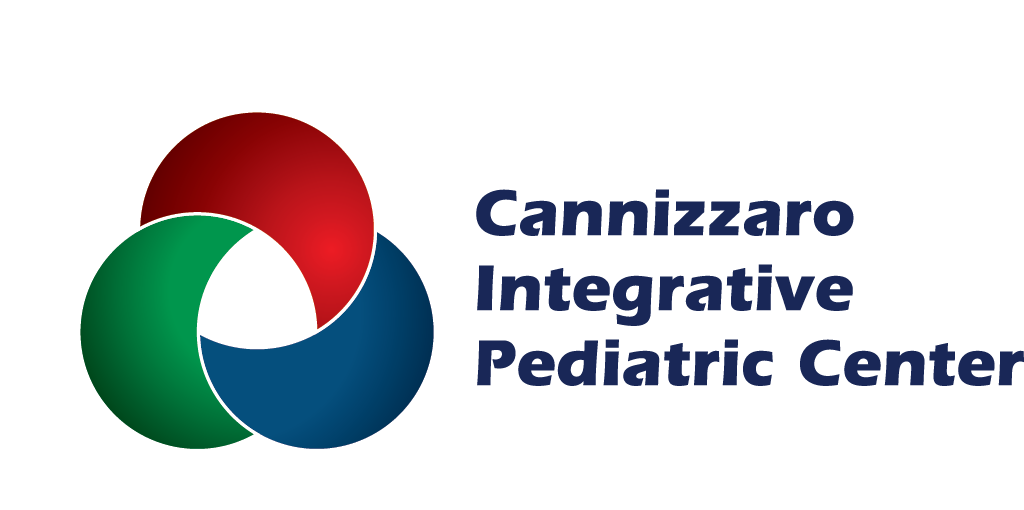
Has your child been diagnosed with ADD? If your conventional healthcare practitioner took a generic approach to reach an ADD diagnosis and treatment program, you may have found that the recommended therapy did not work or possibly made your child’s symptoms worse.
An ADD diagnosis today is a general label and usually only describes the attention deficit issue, but not its source. In addition, ADD is not a static disorder; it’s a changeable, individual disorder and symptoms vary for each child. Therefore, the treatment can and should also vary in specific ways over time.
An ADD diagnosis alone is usually not enough to properly alleviate your child’s symptoms, improve her health and prepare her for a successful life. There are three basic reasons your child’s ADD diagnosis might be inadequate:
1—Practitioners deliver an ADD diagnosis without spending enough time to ask questions
Practitioners generally don’t ask enough questions. Most see the classic ADD symptoms—which are just a small part of the story—and make an ADD diagnosis while ignoring other symptoms. When the right questions are asked, we’re able to find the underlying causes of your child’s symptoms. Then, treatment can be accurately matched for maximum effectiveness.
For example, if a child cannot focus enough to complete homework, he may be prescribed a stimulant pharmaceutical or even a supplement that boosts brain activity. But what if the child’s lack of focus is due to hyper focusing on something else, like fitting in with his schoolmates? Brain-boosting drugs or supplements will likely just cause the child to become increasingly hyper focused on the issue, which made him ignore his homework in the first place. In this case, under the influence of a stimulant, the child may go to a dark place in his mind. The original situation may become worse because the true cause was never addressed.
If your child’s behavior fits the “classic” ADD symptoms but includes lack of drive or motivation, his type of ADD may stem from the limbic system of the brain (which manages emotion, motivation, learning and other functions) and needs to be treated accordingly. Another child may exhibit symptoms of ADD but upon questioning, reveals aspects which may indicate that anxiety is playing a large role in the child’s inability to focus. This requires a completely different treatment protocol.
The key is asking the right questions to reveal distinctions in each individual—some of which may not be readily apparent. However, time should be spent asking questions of the child, not just mom and dad. Read on to find out why…
2—Practitioners base an ADD diagnosis solely on feedback from mom and dad
Practitioners spend too much time listening to mom and dad. As well-meaning as they are, parents sometimes just don’t have it right. They determine how their child “should be” behaving and don’t consider the underlying causes of that behavior.
Sometimes mom and dad can’t see past societal norms and the practitioner doesn’t see past what mom and dad need. Usually, mom and dad THINK they need something to boost the child’s focus or calm the child down. Parents are too close to the problem and often ask, “Why won’t my child just…do her homework…read his book?” They may not understand what’s causing their child’s behavior because they’re concerned with how their child “should” behave.
Some expect a child to accomplish the impossible. Would YOU be able to focus if you’ve been staring at your computer screen all day? If you’re honest, you’ll agree that’s not the best time to do anything that requires concentration. We all have some level of attention deficit disorder, it’s just severity that makes us act.
Maybe mom and dad aren’t creating routines. They might allow their child to put things off (like a big project or report) and then the whole family freaks out at the last minute. Unfortunately, in our stressed-out world, this has become a societal norm. This also makes some parents willing to do whatever it takes to mask symptoms. Whether it is pharmaceutical or natural, no substance will perfect a child’s behavior. The family must still have a routine even if they’ve seen improvement.
Often, it’s simple discipline that’s needed, not adding one more supplement or subtracting another food. Most parents want there to be a bigger reason than just getting lax on the child’s program. They might read something on a website and decide that’s the answer. There’s no blame or judgment meant here, just simple human tendencies of which we should all be aware.
3—Practitioners ignore the seven types of ADD when making an ADD diagnosis
There are actually seven types of ADD according to Dr. Daniel Amen, a psychiatrist and brain imaging specialist who has been studying ADD for years. You may have seen his work on PBS. The seven types according to Dr. Amen are: Classic ADD, Inattentive ADD, Over-Focused ADD, Temporal Lobe ADD, Limbic ADD, Ring of Fire ADD and Anxious ADD.
Everyone is familiar with Classic ADD. This is when a child can’t focus and is restless. The child’s brain shuts off when she tries to read a book. She gets in trouble all the time because she can’t sit still and is disruptive in class.
Now compare this with Inattentive ADD—some of the outward symptoms are the same. The child with Inattentive ADD struggles to focus just as much as the first child with Classic ADD but does not display impulsivity or aggressive behavior. This child is often labeled lazy or unmotivated and does not always get the help he needs because he’s not disturbing anyone else; but the disorder still foils his academic success—just more quietly.
Here’s another example: a child with Over-Focused ADD and a child with Anxious ADD both exhibit characteristics of anxiety and tension. Let’s say that neither of them wants to play sports on a team. The Over-Focused ADD child is preoccupied with perfection and yet refuses to admit that he may not be the best at something. So he refuses to participate in the sport and may make comments such as “This is stupid!” just to avoid feelings of weakness.
The child with Anxious ADD doesn’t want to play on the team because he’s in complete fear that he will do something wrong and let the team, parents or coach down. So this child may freeze up, shaking in his boots when asked to compete.
Both children have anxiety about performing on a team, but it comes from a different place. You can see how asking the right questions would be extremely important in making the correct ADD diagnosis.
Why Working with the Seven Types Produces an Accurate ADD Diagnosis
It is not always efficient or affordable to conduct a brain scan to pinpoint the specific type of ADD affecting a child. Through his work, Dr. Amen has found that questionnaires can also narrow down the sources of symptoms.
Each type of ADD describes dysfunction in different parts of the brain and in the production of various neurotransmitters. It’s worthy to note that a combination of therapies may be needed to keep neurotransmitters balanced and stabilized. The goal is to treat the type of ADD with the appropriate therapy or substance.
The advantages of working with the seven types of ADD are:
- It is an individualized approach to each child.
- The approach finds specific, underlying causes of the symptoms that are generally and too simply labeled as “ADD”.
- This approach is based on science, not societal norms.
- Because the physiology responsible for the ADD symptoms are identified, therapies can work on correcting and balancing appropriate parts of the brain.
- An individualized approach yields a personalized therapy protocol.
Spending adequate time with the patient, asking questions of the child and including all seven types of ADD leads to a more accurate ADD diagnosis.
Resource: https://www.smartkidswithld.org/getting-help/adhd/7-types-adhd/
Image Copyright: 123rf.com/philipimage





